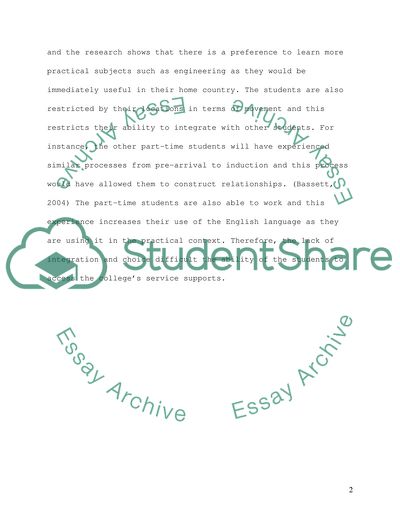Cite this document
(English language for International Students Research Paper, n.d.)
English language for International Students Research Paper. https://studentshare.org/education/1711787-what-effects-does-the-english-language-have-for-international-students-future
English language for International Students Research Paper. https://studentshare.org/education/1711787-what-effects-does-the-english-language-have-for-international-students-future
(English Language for International Students Research Paper)
English Language for International Students Research Paper. https://studentshare.org/education/1711787-what-effects-does-the-english-language-have-for-international-students-future.
English Language for International Students Research Paper. https://studentshare.org/education/1711787-what-effects-does-the-english-language-have-for-international-students-future.
“English Language for International Students Research Paper”. https://studentshare.org/education/1711787-what-effects-does-the-english-language-have-for-international-students-future.


